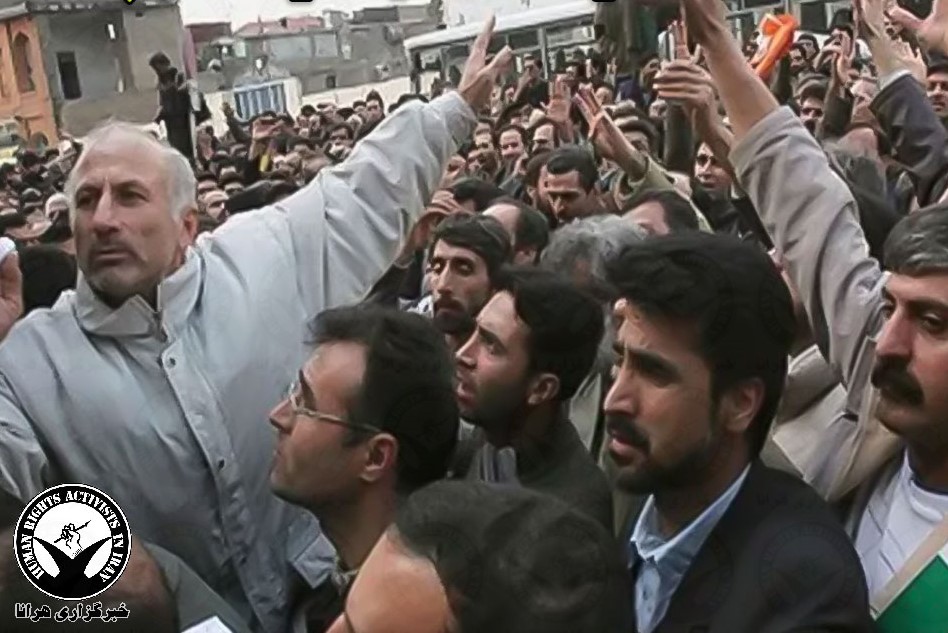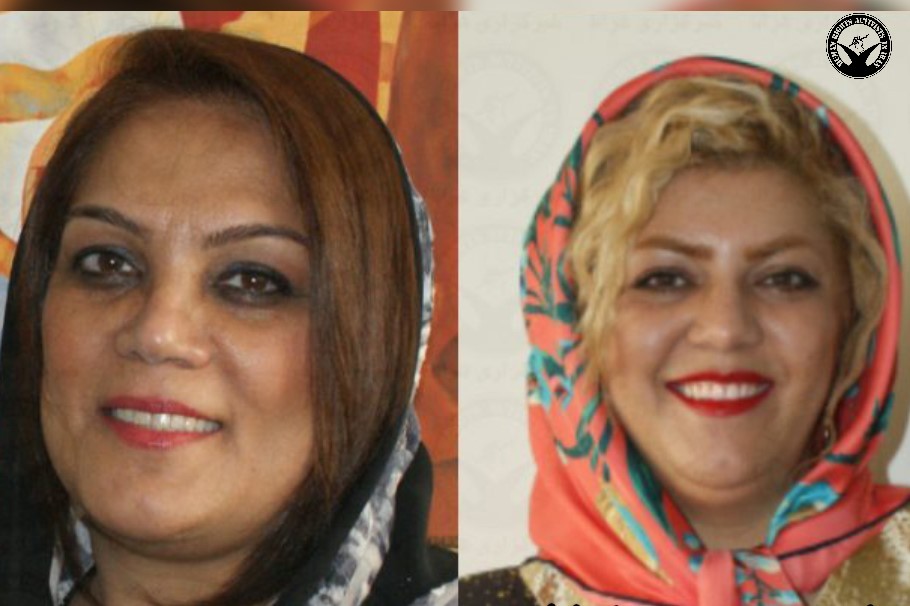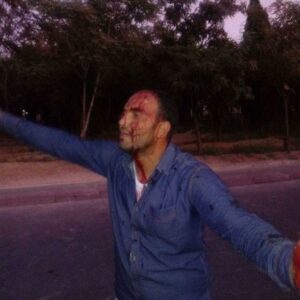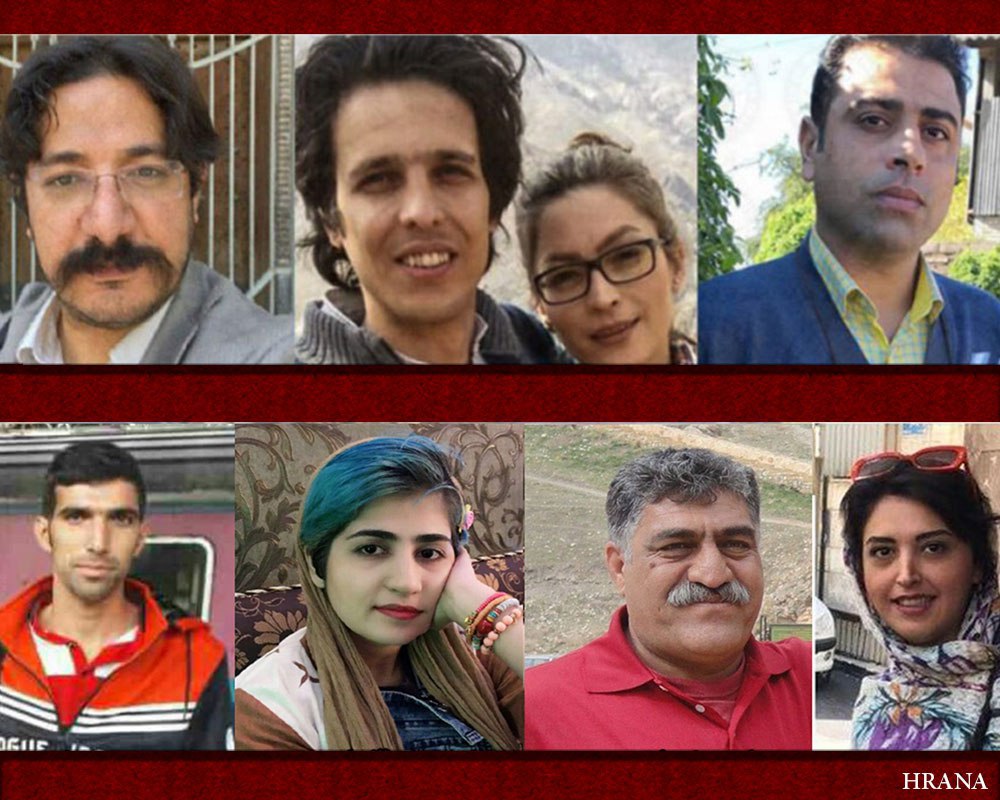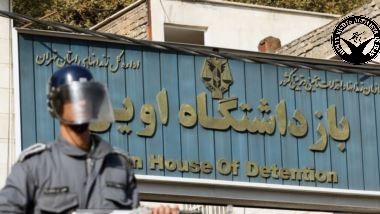According to Iranian Labour News Agency (ILNA), the contracts of 20 workers of Haft Tappeh Sugarcan Argo Industry have not been renewed. According to workers of this company, a notice signed by the administration supervisor, Ebrahim Ouraki, was sent to the several workers regarding the termination of their contract. This notice was sent to these workers on the final day of their contract which contrasts with the promises made by the Khuzestan government officials. Four or five laid off workers gave speeches during the meeting with Ahvaz’s Friday Prayer Imam, Mousavi Jazayeri, and the representative of Wali-Faqih (the Guardianship of the Islamic Jurist) in which they asked for his assistance to resolve the company’s problems.
The name of some of the works who were laid off are as the following:
Mohammad Khanifar, Reza Poorjenani, Saheb Zahiri, Mahmoud Sadi, Adel Abdolkhani, Samir Ahmadi, Hamzeh Al-Kasir, Iman Khezri, Karim Miahi, Fazel Chabizadeh, Ashkan Goudarzi, Masoud Loveymi and seven others.
Haft Tappeh Sugar Cane Argo Industry
The protests of the workers of Haft Tappeh Sugar Cane Argo Industry started on March 28, 2018 in front of the Shush governor compound. Subsequently, the prosecutor’s office of Shush summoned several workers. The workers went to the prosecutor’s office three days later but were informed that their session was rescheduled. On the same day, 10 protester workers were arrested. The Haft Tappeh Sugar Cane industrial complex union reported the strike of more than five hundred workers of this company from July 29, 2018. The protesters demanded an end to the privatization of the company and alleged houses to the Islamic Revolutionary Guard Corps, firing the executive board members of the company, and sustain the current director of the company. These protests periodical continued till August 2018. In November 2018 these protests were accompanied by protests of the workers of Iran National Steel Industrial Group (INSIG) and continued till late December. Esmail Bakhshi and Ali Nejati are two prominent labor activists of Haft Tappeh Complex who have been arrested during the protests. Bakhshi was arrested in November and was released on bail in December 2018. He was charged with “disruption of public order”, “assembly and collusion against national security”, and “participation in forming a group”, “intended to disrupt public security”. On December 2, 2018 he reported his return to his workplace.
Ali Nejati, who is a labor activist and a member of the managing board of the labor union representing employees of Haft Tappeh Sugarcane Company, was arrested by security forces on November 29, 2018 on the charges of “disrupting public order”, “collusion and assembly against national security” and “cooperation in establishing a group intended to disrupt peace and security”. He was transferred to the Shush prison on December 24, 2018. He was taken to the Revolutionary Guard Corps (IRGC) Baghaei Hospital due to the deteriorating health for his heart. He is suffering from heart disease and a prolonged detention can have dire health consequences and might even endanger his life. In January, his family reported about his inappropriate detention condition. Nevertheless, his verdict was changed to release on bail, but he is still in detention.
On January 4, 2019, Esmail Bakhshi wrote an open letter and spoke out about abuse and torture he suffered in detention from Intelligence Department authorities during his detention. After that, Sepideh Gholian, a civil rights activist who was arrested during workers protests supported him. Bakhshi and Gholian have been rearrested after the broadcast of their under-torture confessions on the national television. They have been transferred from Sheiban and Sepidar prison in Ahvaz to Evin prison in Tehran on April 28, 2018 for their court hearing. In June 2019, a group of Haft Tappeh workers submitted an official complaint to the International Labour Organization regarding the ongoing suppression of protests and the detention of peaceful demonstrators and journalists. They published a list of Haft Tappeh workers or their families who have been summoned, arrested, threatened, or interrogated.
On August 13, 2019, seven workers of this company were sentenced to eight months imprisonment and 30 suspended lashes by the Branch 102 of the Criminal Court of Shush. Moreover, on August 26, 2019, nine workers of this company were sentenced to eight months imprisonment and 30 suspended lashes. On the same day of their demonstration on May 9, 2019, several workers were summoned and arrested. On September 7, 2019, the Revolutionary Court of Tehran sentenced Esmail Bakhshi to a 14-year prison term and 74 lashes and Mohammad Khanifar to six years imprisonment. In addition, Sepideh Gholian, Amir Amirgholi, Amir Hossein Mohammadifard, Sanaz Allahyari, and Asal Mohammadi were sentenced to 18 years in prison, each. Their trial was held in the Branch 28 of the Revolutionary Court, in August. Ali Nejati’s case is still open.
Haft Tappeh was founded in the 1960s in the city of Shush, in Khuzestan Province. It is the oldest sugar factory in Iran. Since 2015 due to the privatization deal based on article 44 of the constitution was transferred to the present owners. It has four thousand workers and employees and is located 15 kilometers south of the Shush city.



